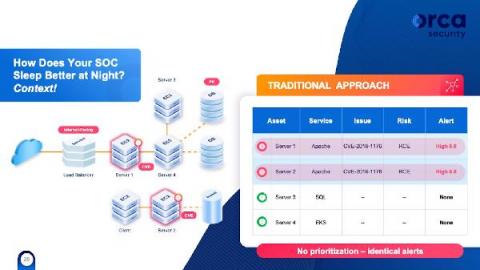What's New With Runbook Automation: Rundeck 3.4.1
Technical teams are under more pressure than ever to move faster, protect revenue and availability, and push mean time to resolve (MTTR) ever lower. However, teams frequently find themselves encumbered by complex, repetitive, and manual tasks, rather than innovating. When urgent incidents arise, organizations often have to wait for specific developers or subject matter experts (SMEs) to deploy a fix.










